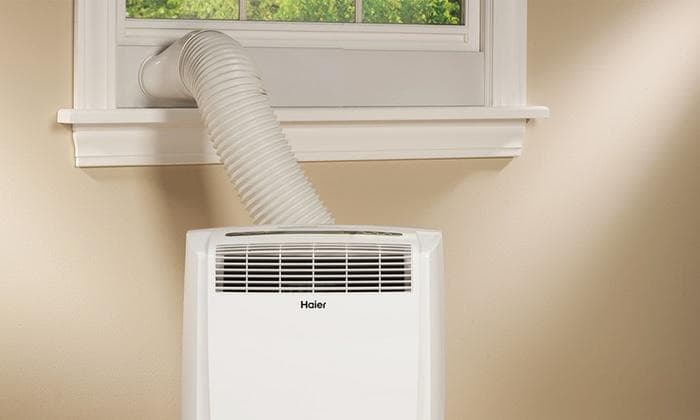Due to technological changes, electric air conditioner masters have come up with complicated air conditioning systems that guarantee comfort in all seasons. The invention of air conditioners has been a necessity for today’s life, for many homeowners, especially in areas that experience extreme climatic conditions.

Best portable cooling devices
Air conditioning not only cools and dehumidifies the air in your home but also improves its quality. Being familiar with how air conditioners work can help homeowners in more than one way. It helps them run the air conditioning system more effectively, handle small problems as they arise, lower energy bills, and most importantly, make better choices when buying a new air conditioner.
If you wish to know whether an air conditioning unit uses gas or electric power, this could be because your own AC unit or system is malfunctioning and you are not certain about what to tell the repairman; alternatively, your energy bill might be quite high and you may be wondering if your cooling system is responsible for a substantial portion of it. There are many reasons why someone might not have any idea how their home heating or cooling systems function properly.
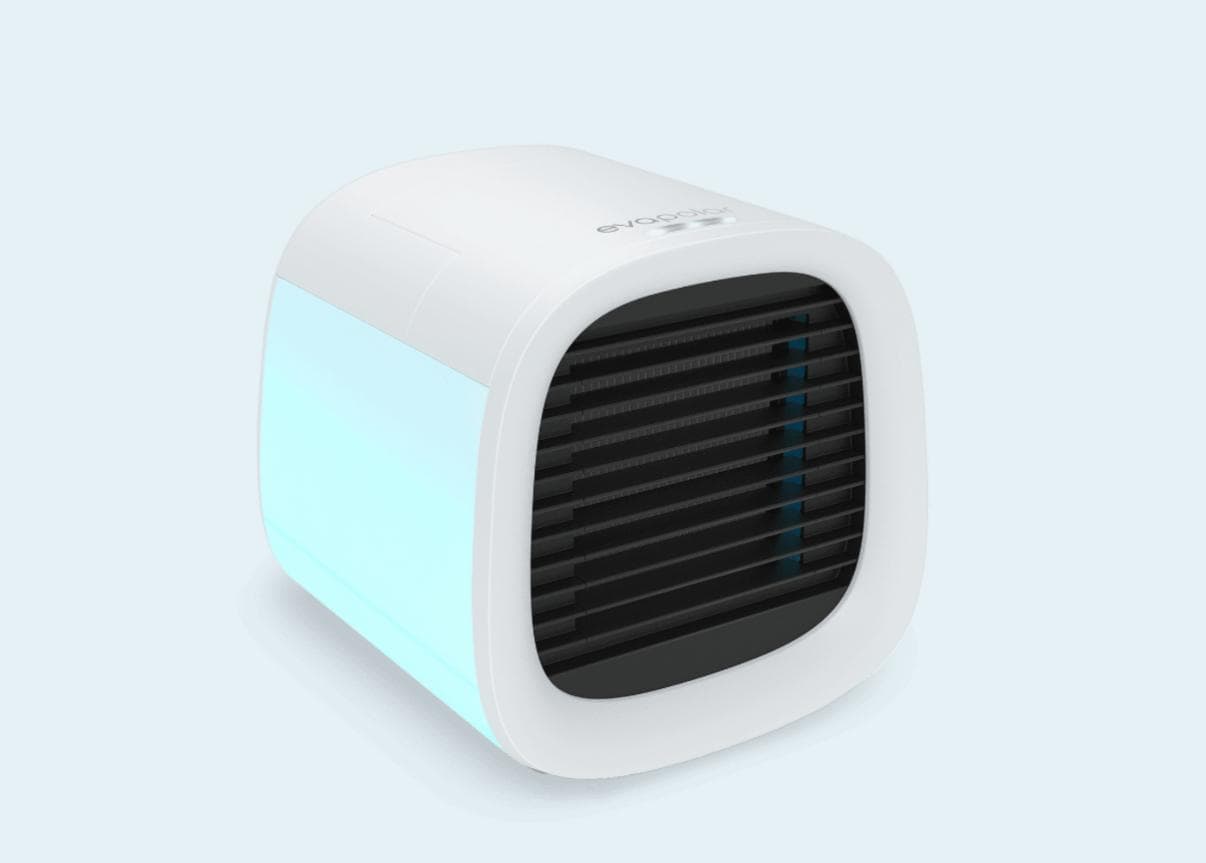
How Does an Air Conditioner Even Work?
In the cooling cycle of your air-conditioner, a chemical called refrigerant gas is the main contributor to central air used. Refrigerants have certain characteristics that allow them to condense and evaporate if pressure changes. When it does this, refrigerant in liquid form can cool down absorbing heat from the room, or become hotter to radiate off the absorbed energy.
Here’s what happens:
- The compressor heats the refrigerant so it becomes a dense gas full of heat.
- Condenser coils then transfer heat away hence changing the refrigerant state from gaseous to liquid forms.
- The fluid state of refrigerants goes through an expansion valve where its created back pressure reduces quality as well as energy costs such as pressure levels therefore bringing about low pressures to the liquid itself.
This will result in coils being cooled once air blows over them with a fan, which they will also cool. The refrigerator will then begin heating up as it evaporates into gas and returns to the compressor thus starting all over again. But only one ‘’gas’’ is involved in this process-which is the refrigeration agent and everything else works by electricity wonders.
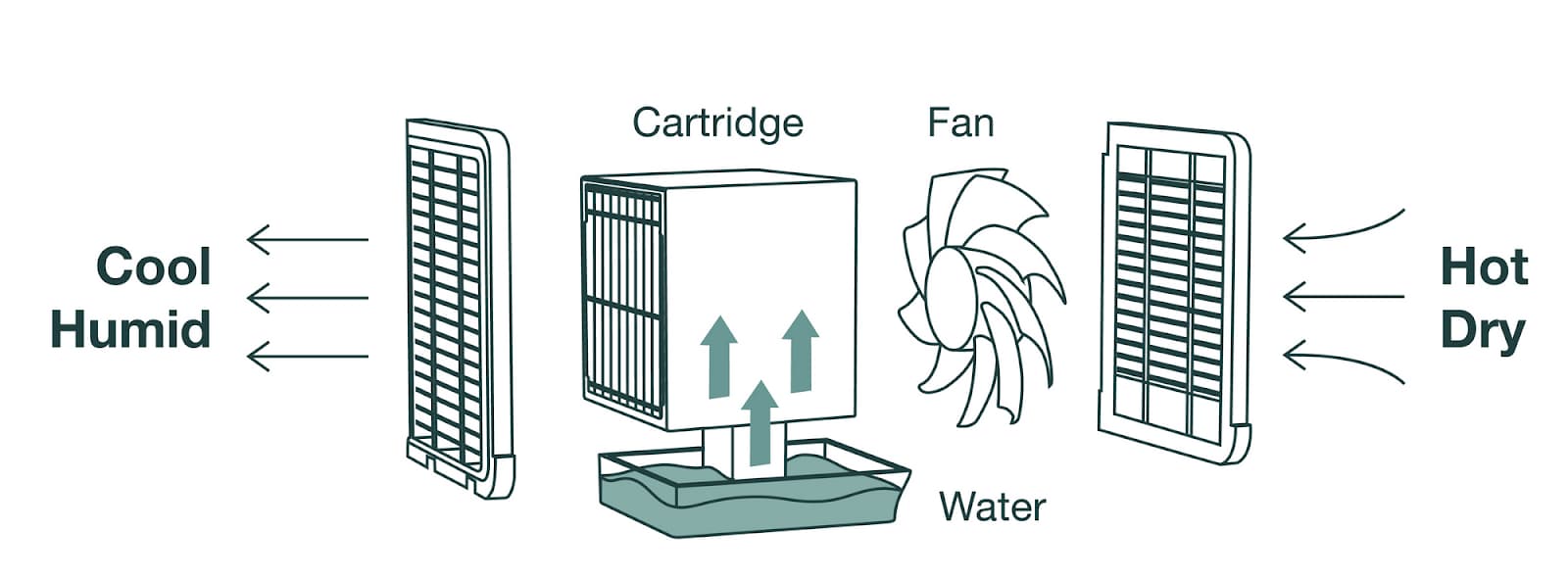
Do Air Conditioners Use Gas?
Sometimes you may be wondering whether your air conditioning uses gas or electricity. Maybe your unit is no longer working and you do not know which type of expert should be called. Maybe you are looking at your utility bill and thinking why it is higher than you expected. Perhaps there is a smell of gas in the room, but you cannot understand why it might have been caused by electric air conditioners. In one way, however, this question has a very simple answer: all air conditioners rely on electricity for operation. On another hand though, this question has a very difficult answer because people are not always referring to “air or central air conditioning only.”
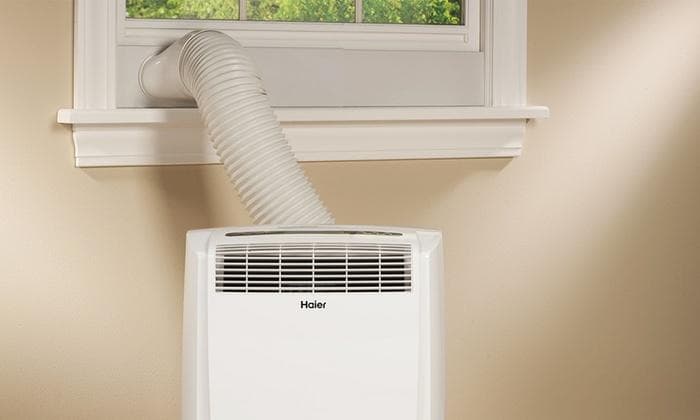
Evaporative Coolers Function Using Electricity and Fresh Water
Unlike an Air Conditioner unit, evaporative coolers do not employ refrigerant gasses. Here, the water is simply evaporated to cool down the air by taking away heat. This makes it more energy efficient since it does not require refrigerant gases or a power or fuel-consuming compressor but rather needs a good pump and fan for it to work well.
It also means that they don’t have any poisonous gasses in them. Since these gasses are non-existent, there is no fear of their leakage harming you or polluting the environment.
Do Evaporative Coolers Use Refrigerants To Cool The Air?
Moreover, even though these devices may not be perfect for Florida’s central heat and humidity conditions, some homeowners in the drier parts of North Florida occasionally resort to their use when temperatures become unbearable.
These units are a kind of portable air conditioners using water evaporation to generate heat and cool the air. They do not require refrigerants as they perform heat extraction from air by evaporating water; therefore there is also no requirement for a bulky compressor which explains why their form factor is much smaller. But does water cool the air? It’s simple –water turns into gas as it evaporates, and the most energetic molecules are likely to escape first. Consequently, the temperature of cold air falls.
Gas powered Air Conditioning vs. electric Power Source
There are HVAC and heating systems that solely run on electricity and others that use both electricity and gas. When choosing one for your house, think about the following pros and cons. All-Electric HVAC Systems: As opposed to gas-driven HVACs, electric-only home comfort systems have an efficiency rate of 100%. However efficient they may be, furnaces powered by electric usage or by electric heat tend to give off a “colder,” less comfortable heat than a gas-powered furnace.
Gas & Electric HVAC System: By using an electric furnace gas HVAC system with electricity for cooling and natural gas for heating you will have the best indoor air quality throughout the year. However it offers supreme comfort; there is a need for two utility bills/ providers i.e., electric & gas; moreover burning of natural gas or propane within a furnace where heating is taking place reduces its efficiency levels somewhat. When deciding between a gas or electric HVAC system, homeowners must consider several factors, including the cost and availability of natural gas or propane.
Factors Influencing Choice of Air Conditioning Power Source
An important consideration when choosing between a gas or all-electric HVAC system is whether your home currently utilizes a gas or electric energy supply. If your home already has gas mileage and a gas line, then it may seem reasonable to choose the first option. However, there are other factors to consider for an informed decision, such as where you live, how efficient the electricity use is, the environmental effect of each system, operating costs, and maintenance requirements.
Gas powered Air Conditioner VS Electric – in Energy Efficiency
Efficiency is one of the most important things to look at in air conditioners comparison. For these reasons, gas heating provides a better solution during cold weather. Inversely, sometimes an electric heating system could be more efficient than gas-powered Air Conditioners. Moreover, keep in mind that comfort level and utility costs are also influenced by how efficient a unit is. Therefore, before air conditioning your house think about upfront costs and how efficient for you the power source you intend to apply will be.
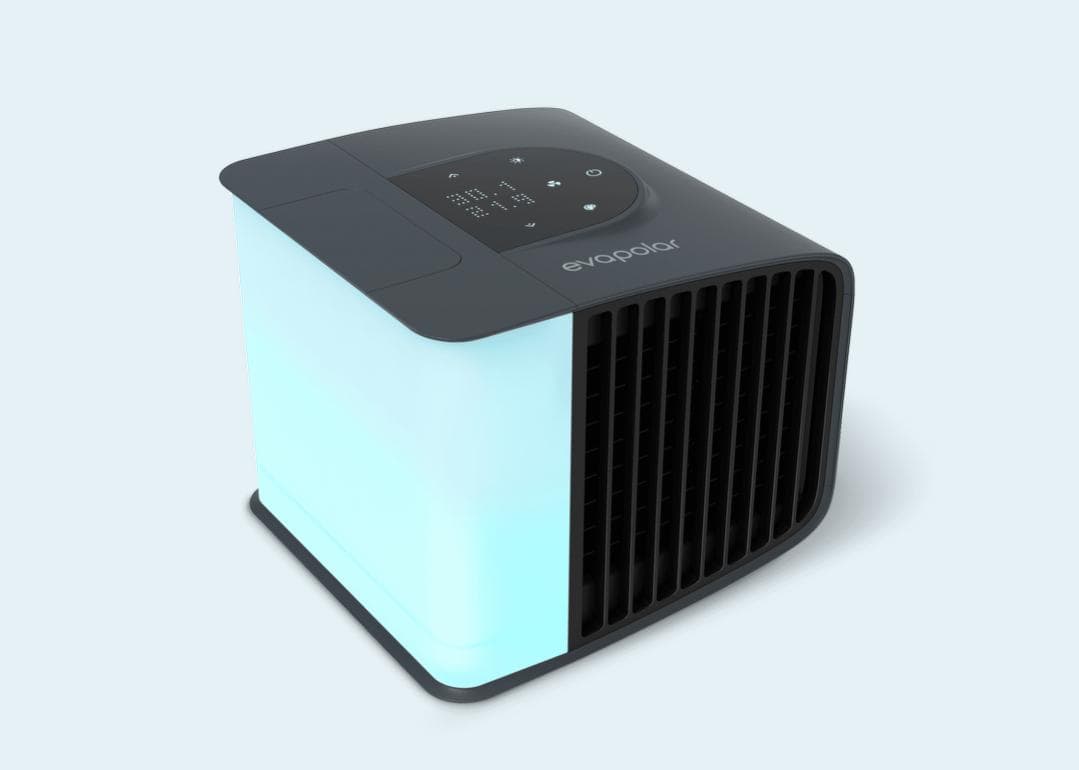
What about costs and maintenance?
For both electric and Air Conditioning gas systems maintenance is necessary. Homeowners have to attend to the outdoor condenser unit, which is a major part of all air conditioning systems before the cooling season. The cooling process of AC units should be regularly maintained during or at least at the commencement of this time. Also, it’s important to note that you will also need to schedule your same seasonal furnace tune-up or even your air handler irrespective of whether you are using an electric heating element or gas one. Regardless of this, regular costs should not change unless you run with a heat pump and gas furnace in which case there are additional checks required for other systems thus making service slightly costlier.


